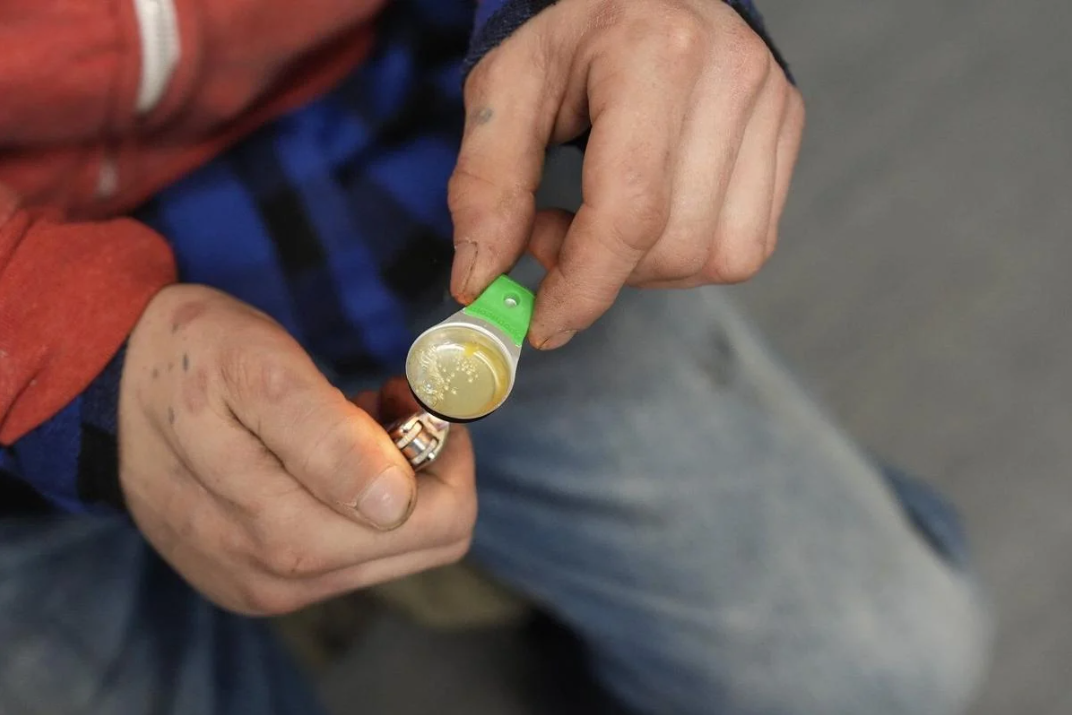Ontario reports a drop in opioid-related deaths for the first time in years. Learn what caused this change and how communities are fighting the crisis.

Ontario Sees Opioid Deaths Decrease – A Beacon of Hope in the Ongoing Crisis
For over a decade, the opioid crisis has been a heartbreaking challenge for Ontario. Thousands of families have lost loved ones to overdoses, and communities have struggled to find answers.
But in a hopeful turn, recent data reveals a decrease in opioid-related deaths across Ontario. For the first time in many years, the numbers are going down. This news offers a much-needed breath of relief amid a long battle.
What Sparked This Positive Change?
Experts point to a mix of bold actions and compassionate care that helped reduce opioid deaths:
- Naloxone kits became widely available in public places, community centers, and homes. This “overdose antidote” has saved countless lives.
- Safe consumption sites gave people a safer place to use drugs under medical supervision, reducing fatal overdoses.
- Expanded access to treatment programs including methadone and buprenorphine therapies helped people manage addiction.
- Stronger mental health services supported those battling co-occurring conditions like depression and anxiety.
- Community outreach programs raised awareness, reduced stigma, and connected people to help before tragedy struck.
Ontario’s health authorities, nonprofits, and volunteers worked hand in hand. Their relentless efforts show that real change is possible when compassion meets action.
The Human Impact: Stories Behind the Numbers
Behind every statistic is a story of pain, hope, and resilience.
Take Sarah, a mother who lost her brother to an overdose two years ago. She now volunteers at a local safe injection site.
“It’s hard to watch families suffer, but seeing people get a second chance keeps me going.”
Many families who lost loved ones find solace in knowing that fewer deaths mean fewer families will face the same grief. But the opioid crisis still touches thousands of lives every day.
Challenges Ahead: Why the Fight Continues
Despite the progress, the opioid crisis is not over.
New, dangerous synthetic drugs like fentanyl flood the streets. Addiction remains a tough disease to beat.
Experts warn that ongoing investment in prevention, treatment, and education is critical. Ontario plans to:
- Expand peer support networks where people with lived experience guide others on recovery journeys.
- Improve data tracking and rapid response teams to address spikes in overdoses quickly.
- Strengthen education campaigns in schools and communities to prevent drug misuse early on.
The road ahead will require patience, funding, and a united community effort.
Related Reads to Keep You Informed
Stay updated on other important social issues and global health news:
👉 RCB Won the Match, But Bengaluru Lost Its People
👉 A New Chapter for WHO – Surviving Without U.S. Funds
For continuous updates on health and world news, visit 🌐 America112.
Final Thoughts: Together We Can Make a Difference
The drop in opioid deaths in Ontario is a significant victory, but it is just the beginning.
This crisis touches real lives—mothers, fathers, brothers, sisters, and friends. Every life saved means a family spared heartbreak and a community strengthened.
By continuing to support harm reduction, treatment, and education, Ontario can keep building on this progress.
There is hope. There is healing. And together, we can end the opioid crisis.

